
|
Date |
Dec/16/2021 |
| Time |
Japan Standard Time (UTC+9h) |
|
14:40 ~ 16:10 |
| Speaker |
Yasumasa Matsuda Tohoku University
|
| Title |
Functional regression models for spatio-temporal data
|
| Abstract |
Functional regression is an extension of regression when both dependent
and independent variables are function-valued. In this talk, we regard
spatial data as square integrable function -valued random variables, and
construct a regression model for spatio-temporal data by a bounded
linear operator on L2(R2), where a convolution operator will be
employed. We propose a frequency
domain approach to estimate parameters that can overcome typical
difficulties in spatial data analysis, including irregularly spaced
observation locations with huge sample sizes, lots of NAs and so on.
We clarify the asymptotic regime under which the estimator is
consistent and asymptotic normal, as asymptotics for spatial data
is not trivial at all unlike time series one. We apply our functional
regression to the spatial dataset of NTT Docomo human mobility survey
in order to examine COVID-19 pandemic in Japan. As I expect audiences
are not necessarily familiar with frequency domain approach esp.
for spatial data, I will include a brief introductory summary of
spectral analysis in the talk.
|
| Venue |
Zoom
Meeting
|
| Video |
Click here to see the video
|
| Slide |
Click here to see the slide
|
| Chair |
Yoshimasa Uematsu Tohoku University
|
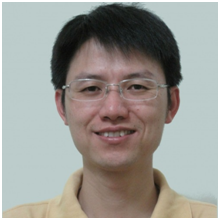
|
Date |
Nov/25/2021 |
| Time |
Japan Standard Time (UTC+9h) |
|
10:00 AM ~ 11:30 PM |
| Speaker |
Nianqing (Paul) Liu Shanghai University of Finance & Economics
|
| Title |
Nonparametric estimation of generalized additive model
with flexible additive structure
|
| Abstract |
This paper proposes a nonparametric approach to identify
and estimate
(with kernel) the generalized additive model with flexible additive
structure and discrete variable(s) when the link function is
unknown.Our approach allowing
flexible additive structure provides the applied researchers with enough
freedom to balance dimension reduction and robustness of estimate in
their nonparametric application. Motivated by concerns from empirical
research, our method also allows significant number of discrete
variables in the covariates. We effectively transform our model into
a generalized additive model with univariate component functions.
Our identification and estimation hence follow a procedure adapted from
the case with univariate components. The estimators converge to normal
distribution in large sample with a one-dimensional convergence rate for
the link function and a \(d_k\)-dimensional convergence rate of the
component function \(f_k(⋅)\) defined on \(R^{d_k}\). Their finite sample
performance is evaluated by a simulation study.
|
| Venue |
Zoom
Meeting
|
| Video |
Click here to see the video
|
| Slide |
TBA
|
| Chair |
Xinyu Zhang Chinese Academy of Sciences
|
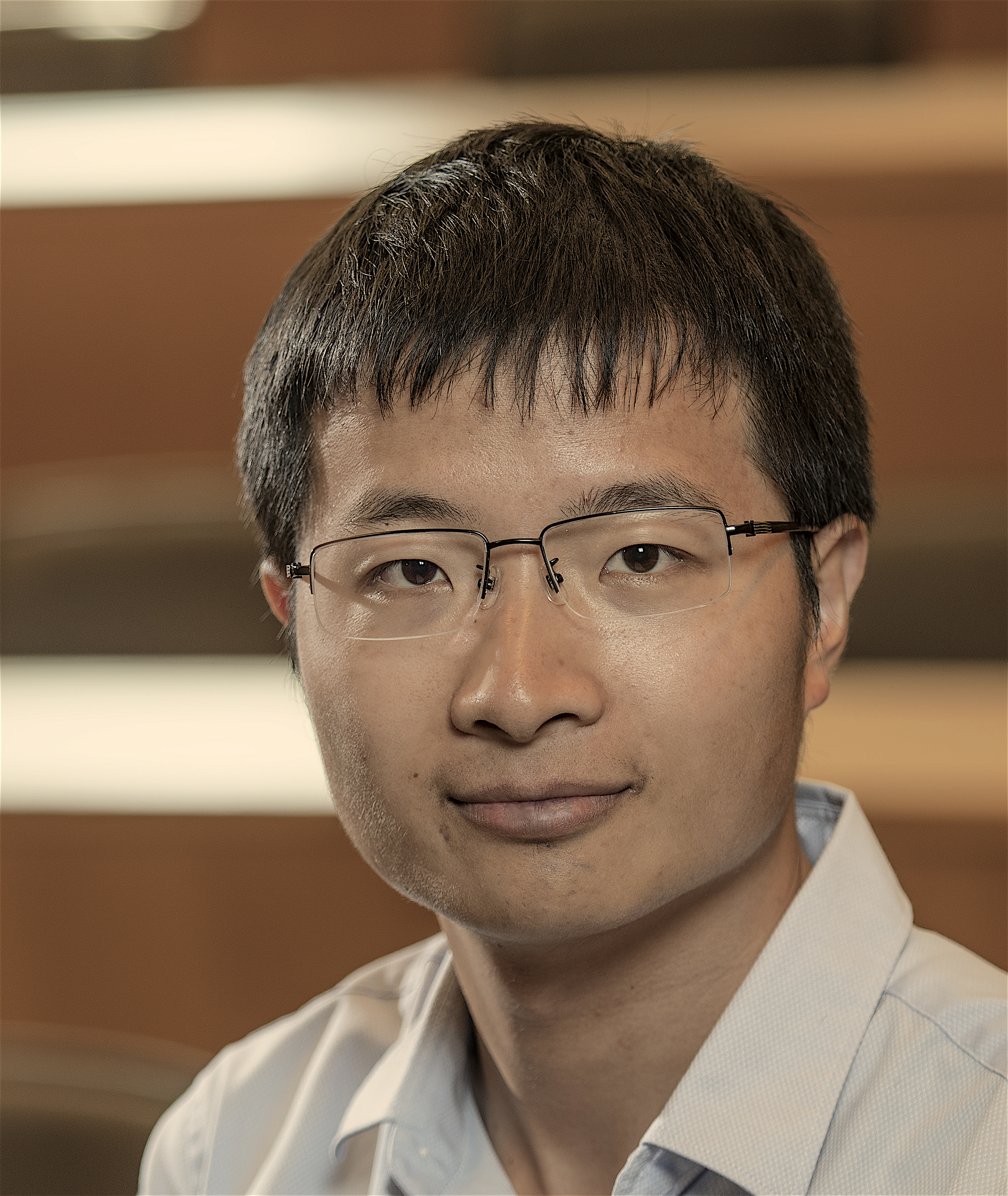
|
Date |
Nov/04/2021 |
| Time |
Japan Standard Time (UTC+9h) |
|
10:00 AM ~ 11:30 AM |
| Speaker |
Weijie Su Wharton Statistics Department, University of Pennsylvania.
|
| Title |
A Top-Down Approach Toward Understanding
Deep Learning
|
| Abstract |
The remarkable development of deep
learning over the past decade relies heavily on sophisticated heuristics
and tricks. To better exploit its potential in the coming decade,
perhaps a rigorous framework for reasoning deep learning is needed,
which however is not easy to build due to the intricate details of
modern neural networks. For near-term purposes, a practical alternative
is to develop a mathematically tractable surrogate model that yet
maintains many characteristics of deep learning models. This talk
introduces a model of this kind as a tool toward understanding deep
learning. The effectiveness of this model, which we term the
Layer-Peeled Model, is evidenced by two use cases. First, we use this
model to explain an empirical pattern of deep learning recently
discovered by David Donoho and his students. Moreover, this model
predicts a hitherto unknown phenomenon that we term Minority Collapse in
deep learning training. This is based on joint work with Cong Fang,
Hangfeng He, and Qi Long.
|
| Venue |
Zoom
Meeting
|
| Video |
Click here to see the video
|
| Slide |
Click here to see the slide
|
| Chair |
Masamune Iwasawa Otaru University of Commerce
|
| Hosts |
Jointly hosted by TEDS, Joint Research Program of KIER, Kyoto University
and Econometrics Seminar of KIER, Kyoto University.
|
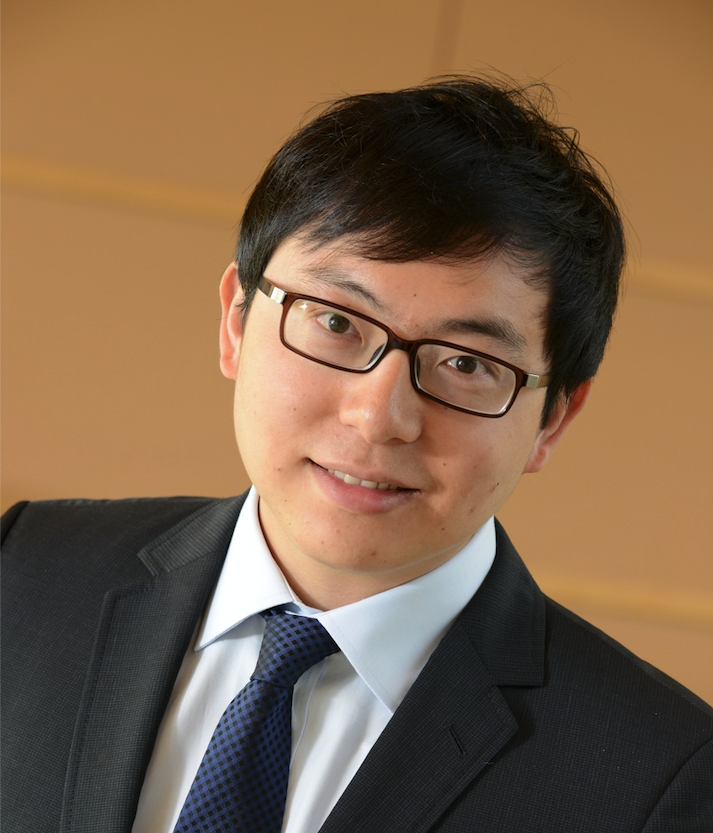
|
Date |
Oct/22/2021 |
| Time |
Japan Standard Time (UTC+9h) |
|
10:00 AM ~ 11:30 AM |
| Speaker |
Dacheng Xiu University
of Chicago
|
| Title |
Test Assets and Weak Factors |
| Abstract |
Estimation and testing of factor models in asset
pricing requires choosing a set of test assets. The choice of test assets determines how
well different factor risk premia can be identified: if only few assets are exposed to a
factor, that factor is weak, which makes standard estimation and inference incorrect. In
other words, the strength of a factor is not an inherent property of the factor: it is a
property of the cross-section used in the analysis. We propose a novel way to select assets
from a universe of test assets and estimate the risk premium of a factor of interest, as
well as the entire stochastic discount factor, that explicitly accounts for weak factors and
test assets with highly correlated risk exposures. We refer to our methodology as supervised
principal component analysis (SPCA), because it iterates an asset selection step and a
principal-component estimation step. We provide the asymptotic properties of our estimator,
and compare its limiting behavior with that of alternative estimators proposed in the recent
literature, which rely on PCA, Ridge, Lasso, and Partial Least Squares (PLS). We find that
the SPCA is superior in the presence of weak factors, both in theory and in finite samples.
We illustrate the use of SPCA by applying it to estimate the risk premia of several tradable
and nontradable factors, to evaluate asset managers’ performance, and to de-noise asset
pricing factors.
|
| Venue |
Zoom meeting
|
| Video |
Click here to see the video
|
| Slide |
Click here to see the slide
|
| Chair |
Wenjie Wang Nanyang Technological University
|
| Hosts |
TEDS and Nanyang Technological University
|
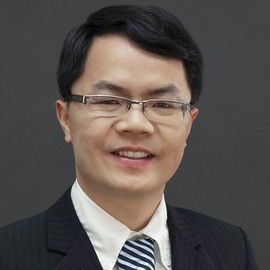
|
Date |
Oct/12/2021 |
| Time |
Japan Standard Time (UTC+9h) |
|
10:30 AM ~ 12:00 PM |
| Speaker |
Yang
Feng New York University
|
| Title |
RaSE: Random Subspace Ensemble Classification |
| Abstract |
We propose a flexible ensemble classification framework, Random Subspace Ensemble (RaSE), for
sparse classification. In the RaSE algorithm, we aggregate many weak learners,
where each weak learner is a base classifier trained in a subspace optimally selected from a
collection of random subspaces. To conduct subspace selection, we propose a new criterion, ratio
information criterion (RIC), based on weighted Kullback-Leibler divergence. The theoretical
analysis includes the risk and Monte-Carlo variance of the RaSE classifier, establishing the
screening consistency and weak consistency of RIC, and providing an upper bound for the
misclassification rate of the RaSE classifier. In addition, we show that in a high-dimensional
framework, the number of random subspaces needs to be very large to guarantee that a subspace
covering signals is selected. Therefore, we propose an iterative version of the RaSE algorithm
and prove that under some specific conditions, a smaller number of generated random subspaces
are needed to find a desirable subspace through iteration. An array of simulations under various
models and real-data applications demonstrate the effectiveness and robustness of the RaSE
classifier and its iterative version in terms of low misclassification rate and accurate feature
ranking. The RaSE algorithm is implemented in the R package RaSEn on CRAN.
Paper: https://jmlr.org/beta/papers/v22/20-600.html
Package: https://cran.r-project.org/web/packages/RaSEn/index.html
|
| Venue |
Zoom Meeting
|
| Slide |
Click here to see the slide
|
| Video |
Click here to see the video
Passcode: WVe6f+dg
|

|
Date |
Oct/04/2021 |
| Time |
Japan Standard Time (UTC+9h) |
|
10:30 AM ~ 12:00 PM |
| Speaker |
Xinyu
Zhang Chinese Academy of Sciences
|
| Title |
Model averaging by a jackknife criterion for
estimating heterogeneous causal effects
|
| Abstract |
The interest of this article is in capturing the heterogeneous
treatment effects measured by the conditional average treatment
effect (CATE). A model averaging
estimation scheme is proposed with multiple candidate linear
regression models. The theoretical properties of our proposal
are provided. First, it is shown that our proposal is asymptotically
optimal in the sense of achieving the lowest possible squared error.
Second, the convergence of the weights determined by our proposal is
provided under the case where at least one of the candidate models
is correctly specified. Simulation results in comparison with
several related existing methods favor our proposed method.
The method is applied to a dataset from a labor skills training
program.
|
| Venue |
Zoom Meeting
|

|
Date |
Sep/28/2021 |
| Time |
Japan Standard Time (UTC+9h) |
|
9:00 AM ~ 10:30 AM |
| Speaker |
Kengo Kato Cornell University
|
| Title |
Smooth p-Wasserstein distance: structure, empirical approximation, and applications.
|
| Abstract |
Discrepancy measures between
probability distributions, often termed statistical distances, are
ubiquitous in probability theory, statistics and machine learning.
To combat the curse of dimensionality when estimating these distances from
data, recent work has proposed smoothing out local irregularities in the measured
distributions via convolution with a Gaussian kernel. Motivated by the
scalability of this framework to high dimensions, we investigate the
structural and statistical behavior of the Gaussian-smoothed
p-Wasserstein distance. In particular, we prove that the smoothed
p-Wasserstein distance enjoys a parametric empirical convergence
rate of \(n^{−1/2}\), which contrasts the \(n^{−1/d}\) rate for unsmoothed
Wp when \(d \geq 3\). Also we discuss limit distribution theory for the
smooth 1-Wasserstein distance.
|
| Video |
Click here to see the video
Passcode: i5ahWcE+
|
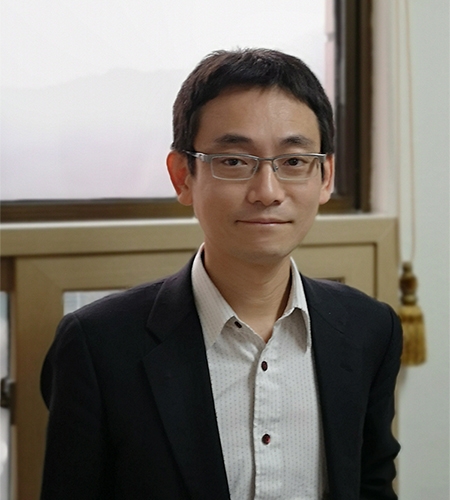
|
Date |
Sep/10/2021 |
|
Time
|
Japan Standard Time (UTC+9h) |
|
10:00 AM ~ 11:30 AM |
Speaker
|
Ryo Okui
Seoul National University
|
| Title |
“Latent group structure in linear panel data
models
with endogenous regressor”
By Junho CHOI and Ryo OKUI
|
| Abstract |
TBA |
| Venue |
Zoom Meeting
|
| Hosts |
TEDS and Nanyang Technological University
|







